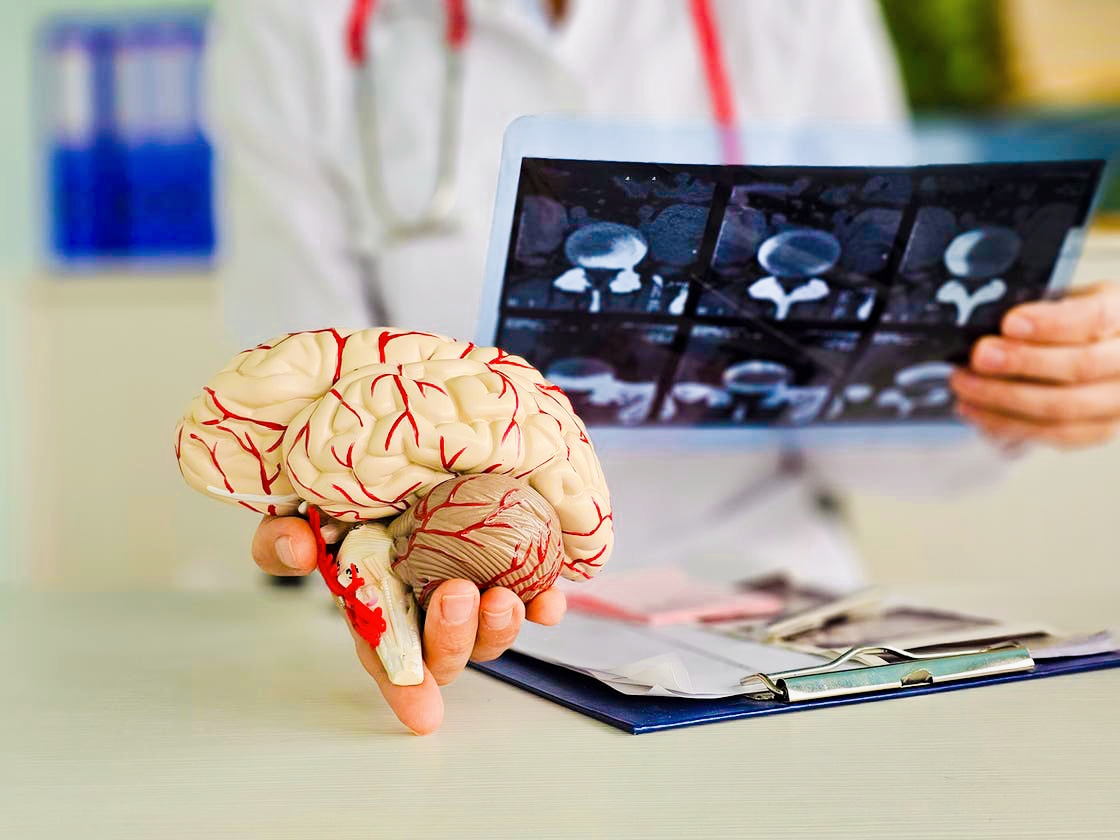Medical Surprise: Is Alzheimer's a Brain Disease or an Immune Disorder?

In a development that may reshape our understanding of one of the most mysterious diseases of modern times, recent research has revealed that Alzheimer's disease may not be a purely brain disease as scientists have believed for decades, but primarily an immune disorder.
* Collapse of the "Beta-Amyloid" Theory
For years, scientific research focused on a protein known as "beta-amyloid," which was believed to be the primary cause of brain cell damage and the onset of Alzheimer's symptoms.
However, a report published by Science in July 2022 revealed that a prominent study published in 2006 in Nature _which supported that theory_ may have been based on fabricated data, raising doubts about the scientific foundation on which much of the research was built.
* Controversial FDA Approval
The matter did not stop there; in June 2021, the U.S. Food and Drug Administration (FDA) granted approval for the drug "Aducanumab," an antibody targeting the "beta-amyloid" protein, as a treatment for Alzheimer's.
However, the decision faced sharp criticism from doctors and experts, as the clinical data was conflicting and incomplete.
In light of the failure of drugs based on this hypothesis, experts raised an existential question:
Why is science still unable to understand the true cause of Alzheimer's?
* New Theory: Alzheimer's is an Autoimmune Disease!
In a radical shift in medical thinking, researchers from the Kreimbell Institute of Brain Health, part of the "University Health Network" in Toronto, Canada, proposed that Alzheimer's may be a dysfunction of the brain's immune system, rather than just a result of neural damage.
* Beta-Amyloid is not the "Enemy"
According to Professor Donald Weaver, the director of the institute, the "beta-amyloid" protein is not an abnormal or harmful molecule; rather, it is produced by the brain as part of a natural immune response against infections or trauma.
However, the surprise is that this protein _under certain conditions_ fails to distinguish between healthy neurons and bacteria due to similarities in their membranes, leading it to attack the brain itself.
What is the result?
An autoimmune attack gradually destroys brain cells, leading to memory loss and cognitive functions, just as occurs in diseases like rheumatoid arthritis.
* Alzheimer's... When the "Guardian Becomes the Adversary"
Weaver describes the disease by saying:
"When the immune system attacks the brain in defense of it, the guardian becomes the adversary. Understanding this error may be the key to treating Alzheimer's in the future."
While treatment for other autoimmune diseases may include corticosteroids or immunosuppressants, these methods are not suitable for Alzheimer's due to the unique and complex nature of the brain.
* Towards Customized Immune Treatments
The Kreimbell Institute's theory suggests that understanding this immune dysfunction may open the door to developing new therapeutic methods that target the regulation of the neural immune response, rather than fighting the "beta-amyloid" protein itself.
* Other Exciting Theories:
Revolutionary ideas do not stop at immunity, as other scientific theories emerge, including:
_ Alzheimer's may be the result of mitochondrial dysfunction, which are the powerhouses within cells.
_ Or it may be due to chronic brain infections, suspected to originate from oral bacteria.
_ Some point to the role of mineral imbalances such as zinc, copper, or iron in the onset of the disease.
* A Huge Global Challenge
Today, dementia affects more than 50 million people worldwide, with a new case recorded every three seconds.
Alzheimer's remains one of the most complex medical and humanitarian challenges, as those affected gradually lose their ability to recognize their loved ones and interact with their surroundings.
However, if the new theory proves correct, we may be on the brink of a medical revolution in understanding and treating this intractable disease.